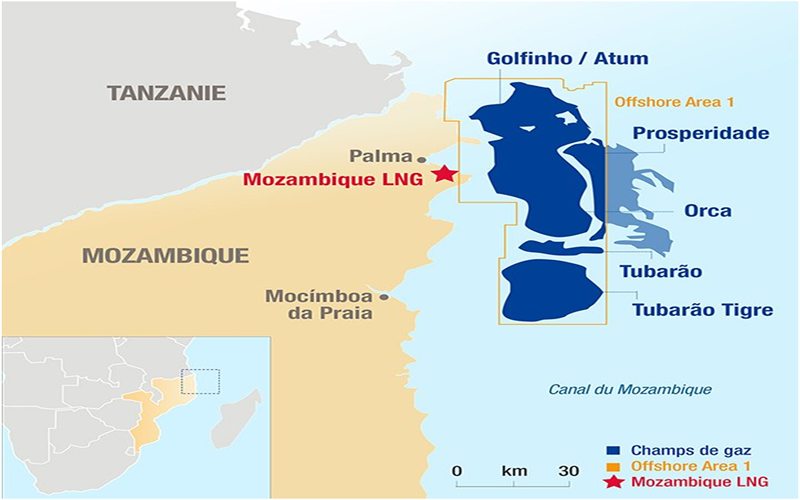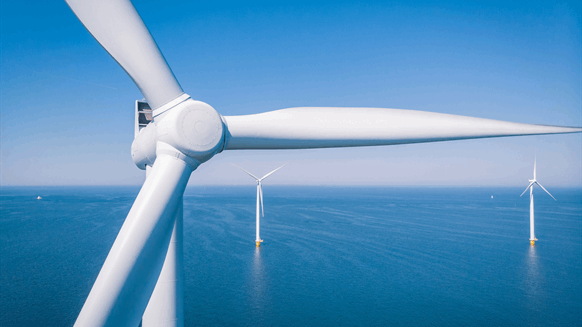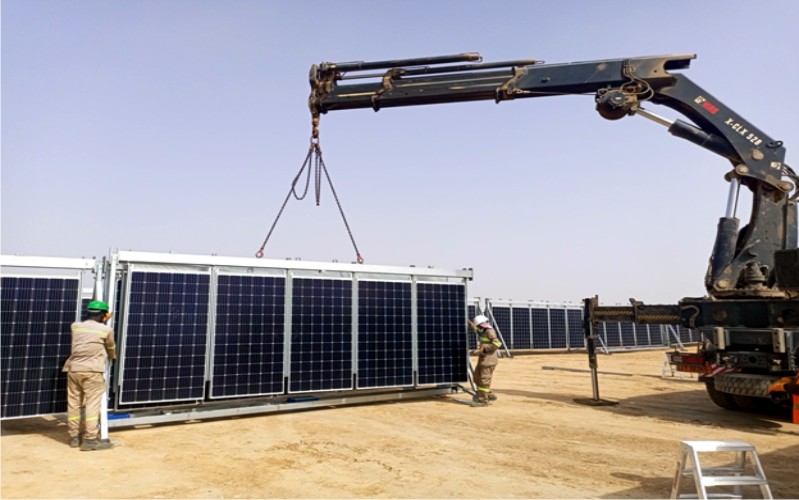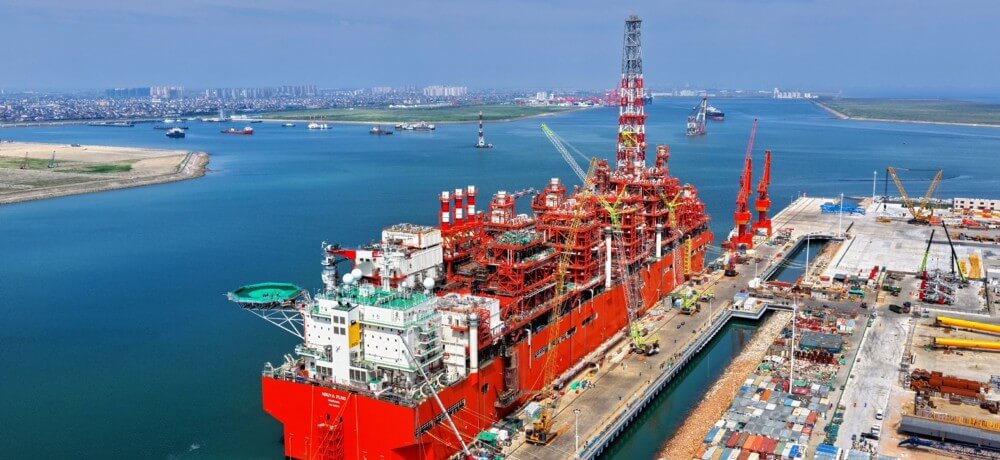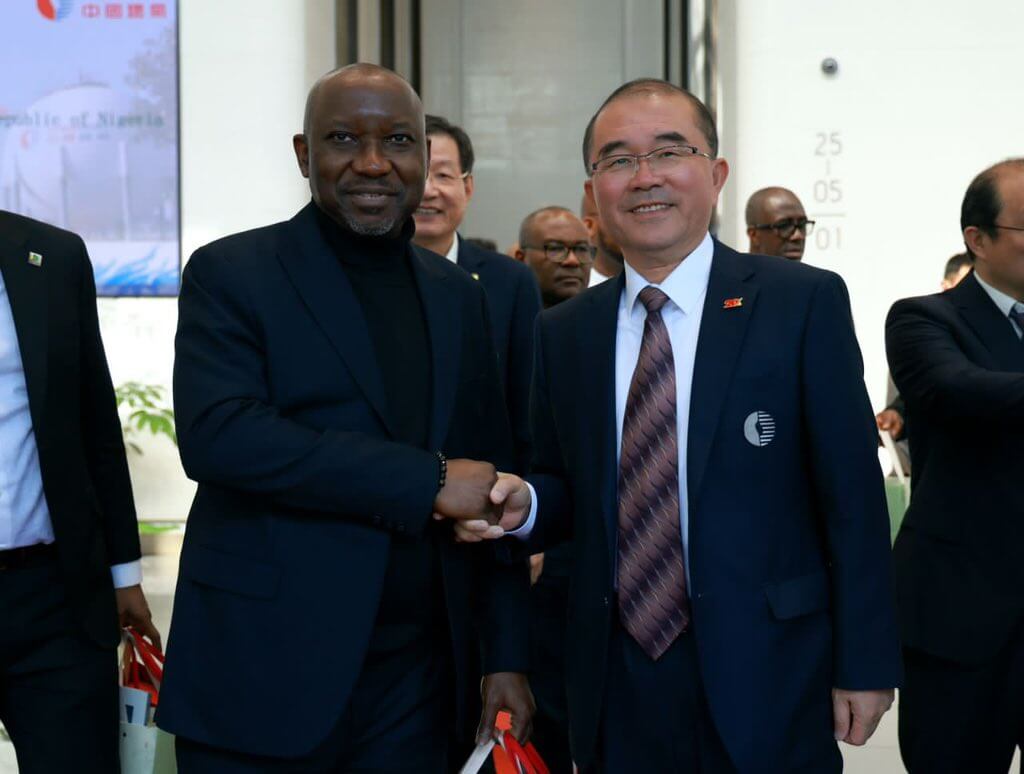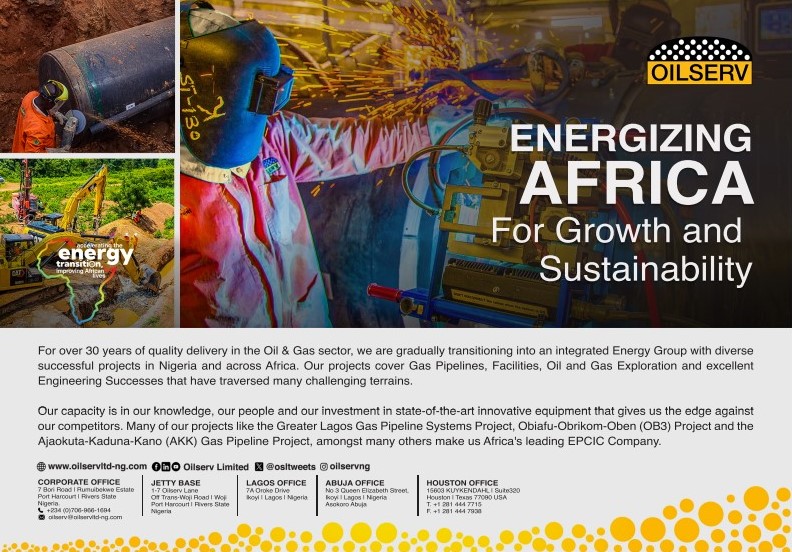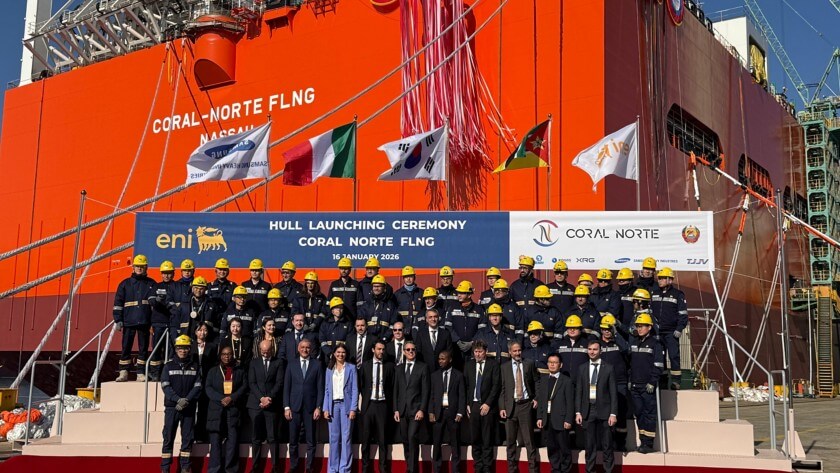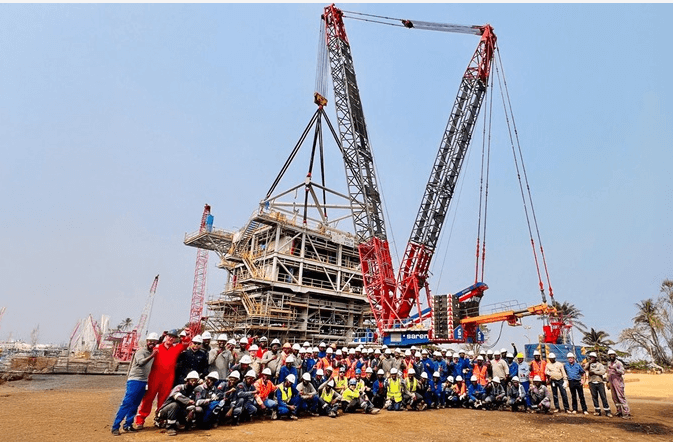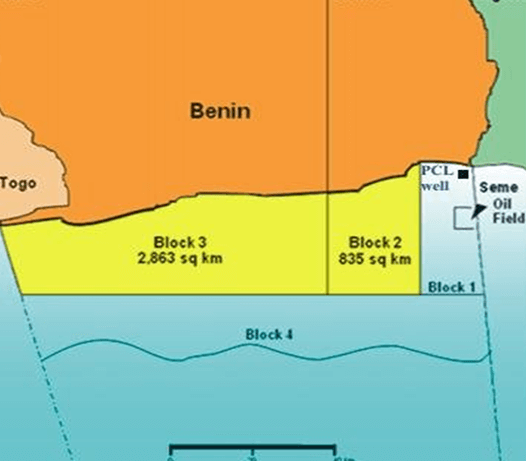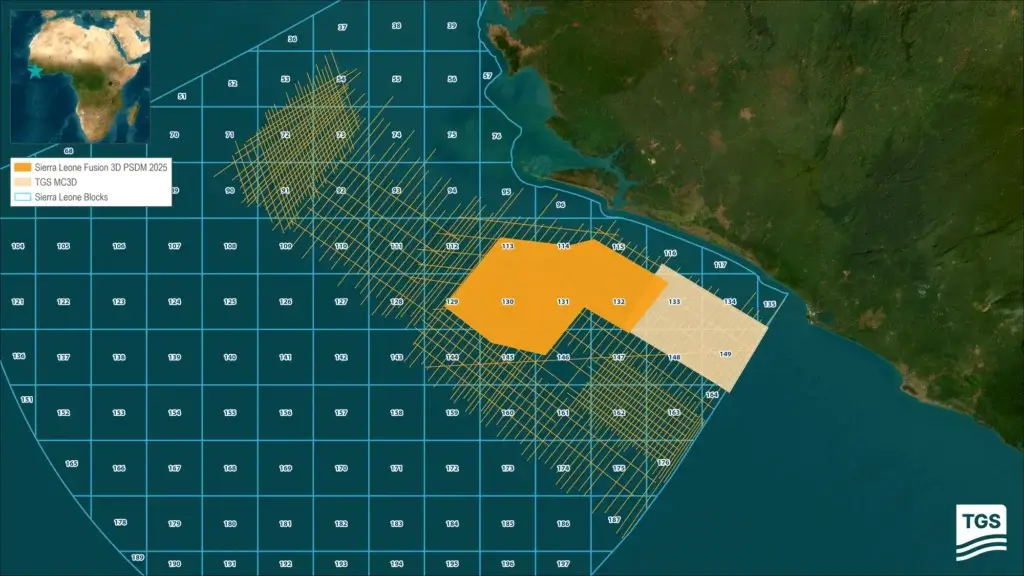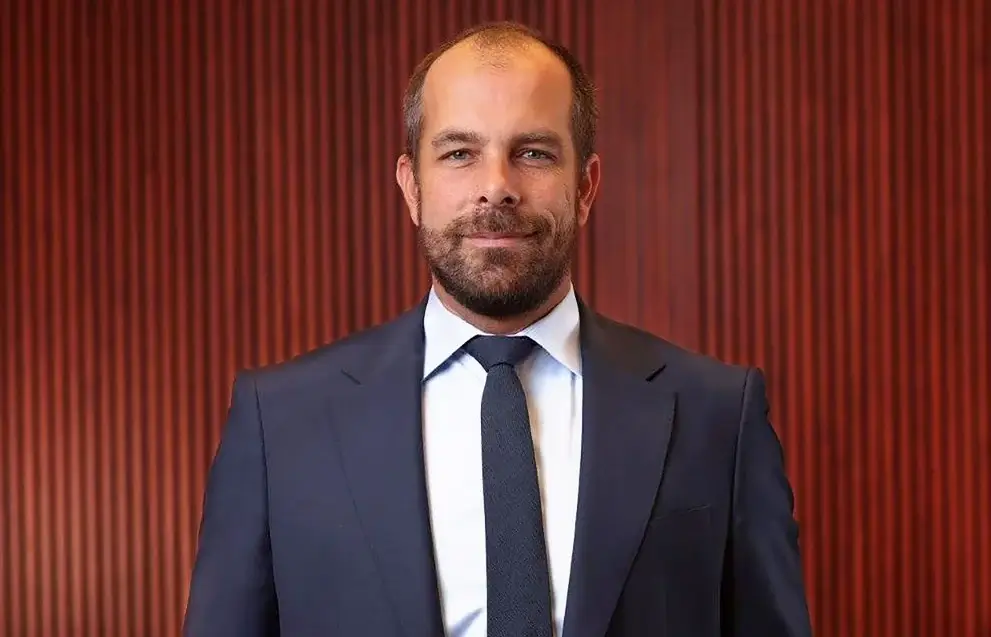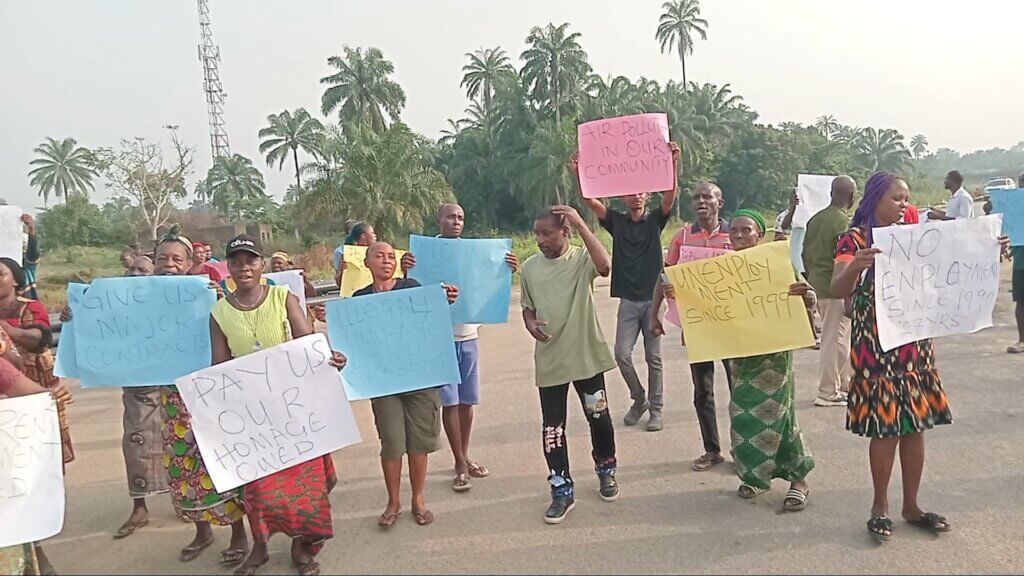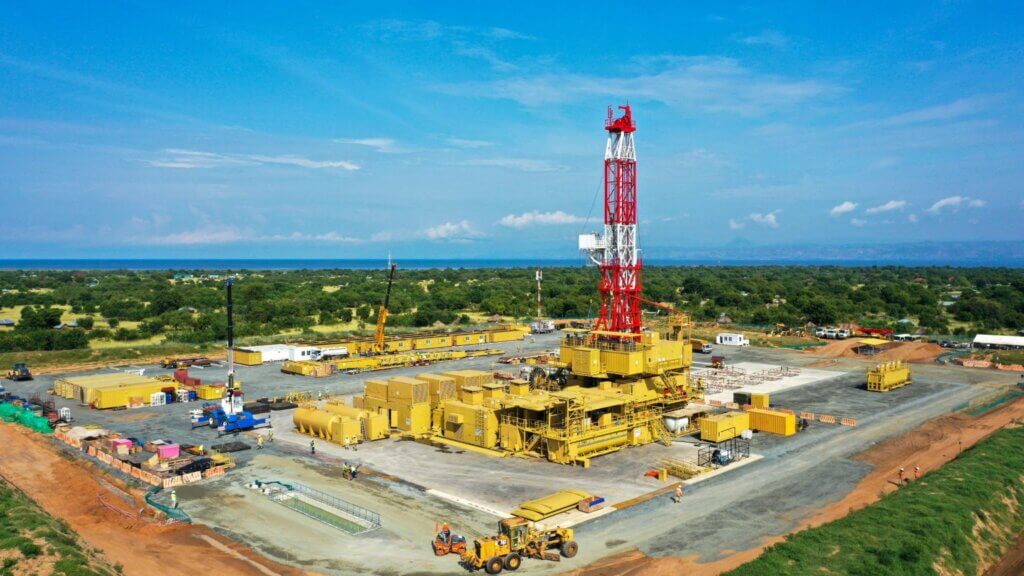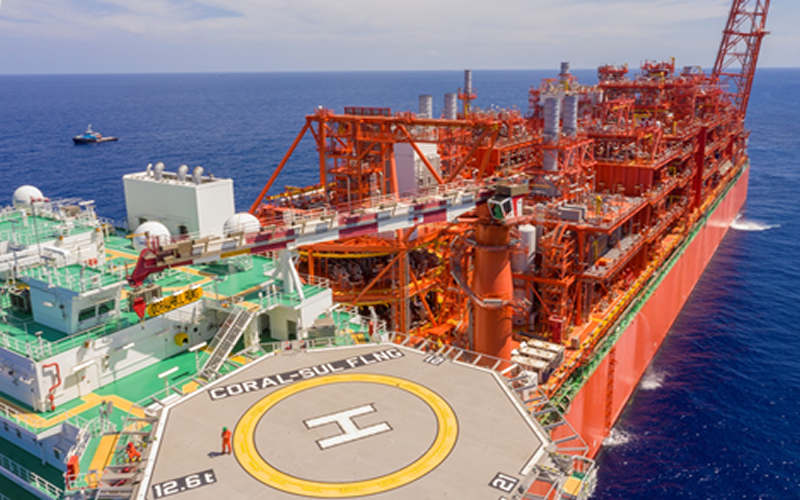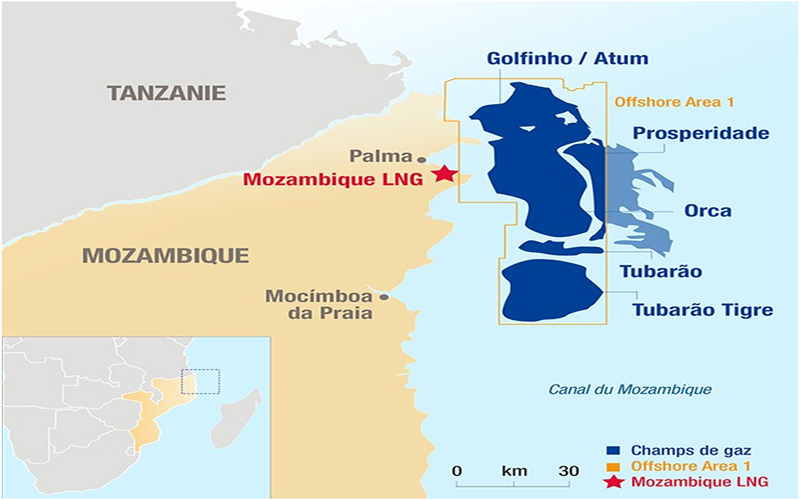
French energy giant Total had suspended plans to resume construction work at Mozambique LNG and cut staffing levels to the minimum in late March after attacks on the nearby town of Palma in the north of the country.
In the latest move, the company has removed all staff and declared force majeure. “Considering the evolution of the security situation in the north of the Cabo Delgado province in Mozambique, Total confirms the withdrawal of all Mozambique LNG project personnel from the Afungi site,” it said in a statement.
“This situation leads Total, as operator of Mozambique LNG project, to declare force majeure,” it said.
“Total expresses its solidarity with the government and people of Mozambique and wishes that the actions carried out by the government of Mozambique and its regional and international partners will enable the restoration of security and stability in Cabo Delgado province in a sustained manner.”
Total had been reported to have been reviewing agreements with contractors on the project in light of the escalation of violence in the country and its suspension of work.
By declaring force majeure, Total will likely be freed from certain obligations to its contractor partners.
Total had hoped to produce the first LNG from the project in 2024, however, with the force majeure declaration, this timeline could be in doubt.
Recent attacks
Dozens of people were killed in the attacks by Islamist militants during the offensive against Palma in late March close to the site of the LNG project on the Afungi peninsula.
Total on March 24 had signaled a restart of work at Mozambique LNG — designed to have a capacity of 13.1 million mt/year — after security was beefed up following an escalation of the Islamist insurgency in the country at the end of 2020.
However, the attacks in Palma began at almost the same time as Total issued its statement on March 24.
The plan announced March 24 to resume work came after the government of Mozambique declared the area within a 25 km perimeter surrounding the Mozambique LNG project as a special security area.
Almost immediately, however, the offensive against Palma — which is said to be within the 25 km perimeter — began.
Mozambique’s more than three-year-old insurgency saw militants close in on the site of the project on the Afungi peninsula — also home to ExxonMobil’s planned 15.2 million mt/year Rovuma LNG project — at the end of 2020.
It highlights the continued security issues facing the southeast African country and its fledgling LNG industry.
More than 30 million mt/year of LNG production capacity is under development in Mozambique as the country looks to join the ranks of the world’s biggest LNG exporters.
Mozambique LNG offtake
Total’s Mozambique LNG has already secured long-term offtake agreements amounting to more than 11 million mt/year with the likes of Shell, France’s EDF, China’s CNOOC, a partnership of the UK’s Centrica and Japan’s Tokyo Gas, and a joint venture between Japan’s JERA and Taiwan’s CPC Corp.
In February, Total CEO Patrick Pouyanne said the Mozambique LNG project, whose capacity previously was pegged at 12.9 million mt/year, was 21% complete as of the end of 2020.
Total operates Mozambique LNG with a 26.5% stake, having taken over the project in September 2019 as part of its deal with Occidental to buy assets the US company acquired with its purchase of Anadarko.
Its partners are ENH (15%), Mitsui (20%), ONGC Videsh (10%), Beas Rovuma Energy (10%), BPRL (10%), and PTTEP (8.5%).
The initial two-train project could be expanded, with a potential capacity of as much as 43 million mt/year, according to the project’s website.
Militants have stepped up attacks in the Palma district between the Afungi peninsula and the militant-controlled port of Mocimboa da Praia in recent months.
The port was occupied in mid-August as part of the growing Islamist insurgency that began in October 2017.
A number of groups are now part of the insurgency — which also spread to offshore tourist islands in the autumn — including the Ahlu Sunnah Wa-Jamo, or ASWJ, group and the Islamic State’s Central Africa Province, or ISCAP, which has declared Mocimboa da Praia as the capital of its province.



















